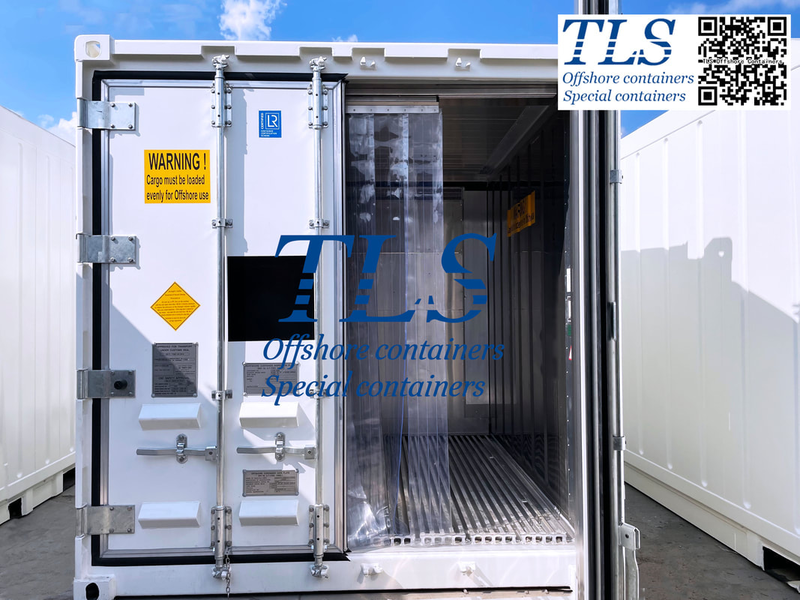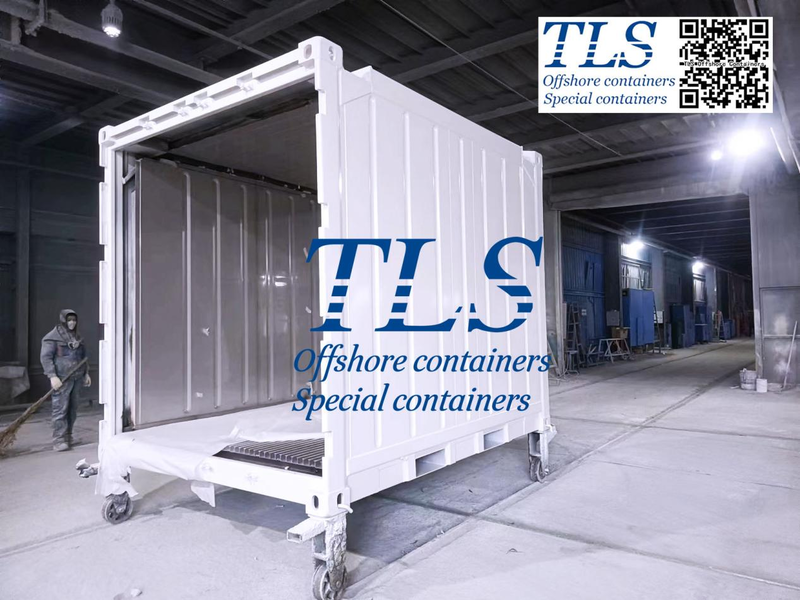The Ultimate Guide to Selecting the Perfect Refrigerated Shipping Container for Perishable Goods6/2/2023
Introduction: As the global market continues to expand and interconnect, the transportation of perishable goods over long distances has become increasingly vital. To ensure the freshness and quality of these products, choosing the right refrigerated shipping container is of paramount importance. This comprehensive guide will delve into the intricate details of selecting the ideal container for your specific needs, providing you with valuable insights and guidance. Section 1: Essential Considerations for Choosing a Refrigerated Shipping Container 1. Product Type and Temperature Requirements:
2. Temperature Range:
3. Product Dimensions and Weight:
4. Transit Time:
5. Shipping Regulations and Requirements:
Section 2: Exploring Different Types of Refrigerated Transport Containers 1. Refrigerated Containers:
2. Insulated Containers:
3. Refrigerated Trailers:
4. Cryogenic Containers:
Section 3: Additional Features to Consider 1. Cooling Unit Types:
2. Insulation Thickness:
3. Flooring and Ventilation Options:
4. Security Features:
Conclusion: Selecting the perfect refrigerated shipping container for your perishable goods involves a comprehensive assessment of factors like product type, temperature requirements, dimensions, transit time, shipping regulations, container types, additional features, and supplier reliability. By meticulously considering these elements, you can ensure the safe and efficient transport of your perishable products, preserving their quality and freshness until they reach their final destination. Remember to conduct thorough research, seek recommendations, and engage with trusted suppliers to make an informed decision that aligns with your specific needs. Any more information, please download TLS offshore reefer containers brochure for your reference TLS is an international supplier that can customize onshore | offshore special containerised solutions,Any requirements, please contact us directly: E-mail: [email protected] Hotline: +65-65637288; +65-31386967 #Refrigerated shipping container #Perishable goods #Temperature control #Product requirement #Transit time #Shipping regulations #Container type #Temperature range #Insulation thickness #Cooling unit type Written by OliverComments are closed.
|
Archives
July 2024
Categories
All
|
- Home
-
Containerised solutions
- Intelligent pressurised container | MUD logging cabin
- Battery energy storage system (BESS) container
- Flexible grid tied battery storage system
- Laboratory container | workshop container | Equipment containers
- Temporary refuge shelter | Toxic gas refuge | Safe haven
- Offshore accommodation cabin | office container
- Reefer container | Refrigerated container
- Intelligent waste water treatment container
- Fresh water generator container
- Cargo Containers
- Product photos & videos
- News & Blogs
- Contact us
|
Featured products
Intelligent pressurised container Temporary refuge (TR) shelter, toxic gas refuge (TGR) Battery energy storage system (BESS) container Containerised waste water treatment plant Fresh water generator container Reefer container Laboratory container, Workshop container Accommodation container Offshore closed container |
All Rights Reserved 2020 © TLS Offshore Containers / TLS Energy
|


